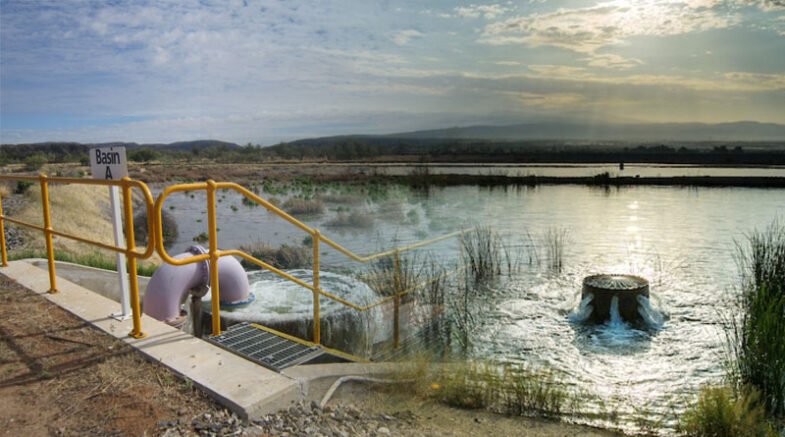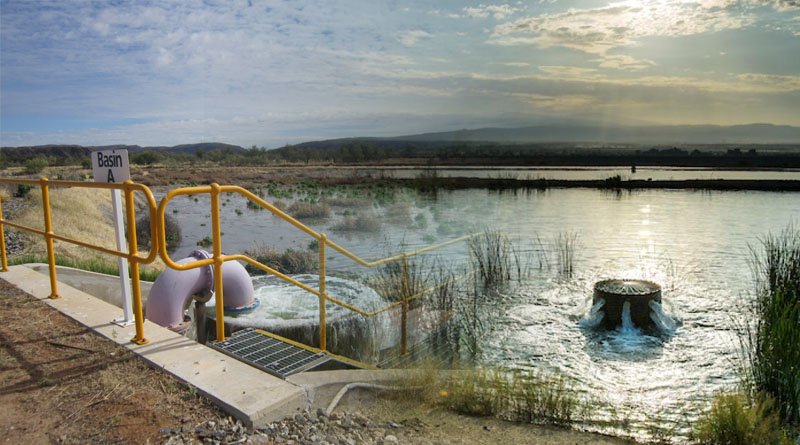Dr. Muhammad Ashraf, Chairman, PCRWR, emphasised the significance of preserving a balance between groundwater abstraction and recharge during his opening remarks.

In the Peshawar Valley KP, the Pakistan Council of Research in Water Resources (PCRWR) and the Asian Development Bank (ADB) have organised a training workshop on the topic of identifying potential sites for managed aquifer recharge (MAR).
According to a statement released here on Wednesday, the workshop was a component of support for the creation of climate-resilient solutions for Pakistan’s agricultural and natural resources (ANR) sector in the provinces of Punjab and Khyber Pakhtunkhwa.
The main goal of workshop identifying potential sites for MAR is to unite the participants and increase their capacity for effective groundwater resource management in Khyber Pakhtunkhwa.
Dr. Muhammad Ashraf, Chairman, PCRWR, emphasised the significance of preserving a balance between groundwater abstraction and recharge during his opening remarks.
He also mentioned that groundwater is a valuable hidden resource that must be utilised effectively. Since the groundwater resource is severely threatened by the rapid urbanisation and population growth.
Furthermore, excessive exploitation is contributing to the decline in groundwater quality. For the sustainability of the industry, he said, it is urgent to concentrate on rainwater harvesting and groundwater recharge. He also outlined various PCRWR initiatives for managing the nation’s groundwater resources.
Dr. Naveed Iqbal, Director (Hydrology), PCRWR, gave a thorough presentation on the methodology created by PCRWR for establishing groundwater recharge sites in Islamabad with the aid of CDA following the opening remarks.
A detailed presentation on the data requirements for MAR was given by Dr. S.A. Parthapar, Consultant, Asian Development Bank (ADB). He also talked about various GIS-based data collection tools for MAR.
Twelve professionals from various departments in Khyber Pakhtunkhwa, including agriculture, irrigation, and public health engineering, took part in the workshop to build their skills. Additionally, they provided updates on the data accessibility for their departments’ efforts to identify Peshawar Valley groundwater recharge sites.
Furthermore, PCRWR also provided information on the GIS-based data sets for the Peshawar Valley that were collected as part of a joint study that was finished with assistance from HELVETAS-Pakistan.
Dr. Prathapar concluded by commending PCRWR for taking the initiative to manage groundwater depletion and flooding issues by developing a variety of models for further upscaling.
